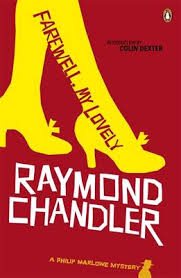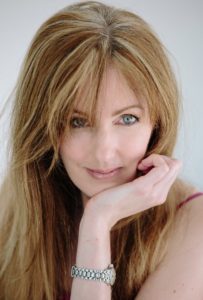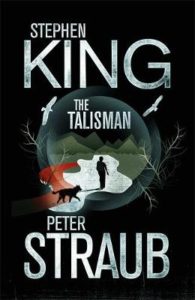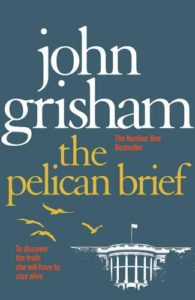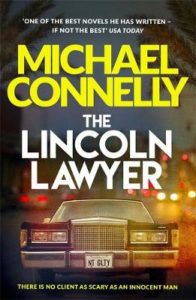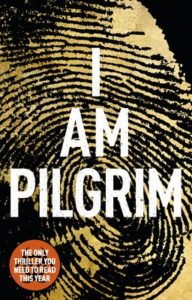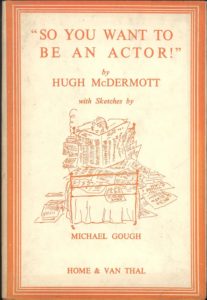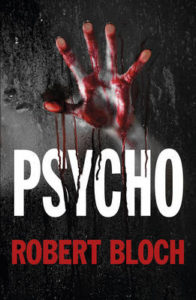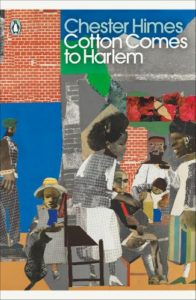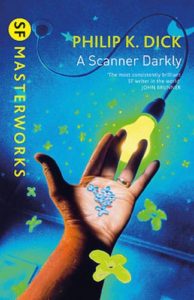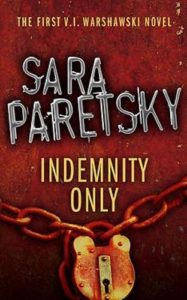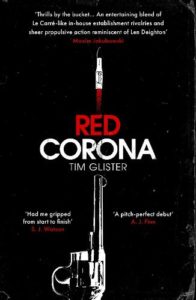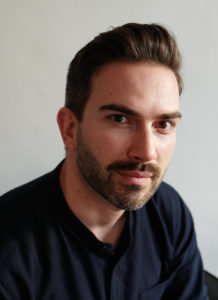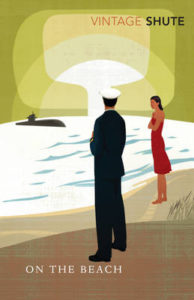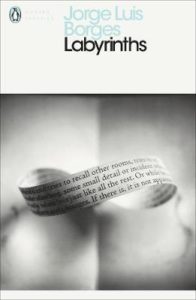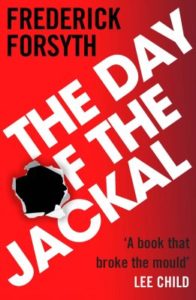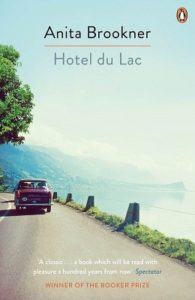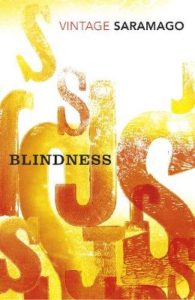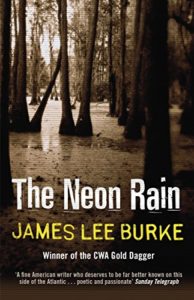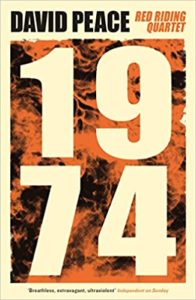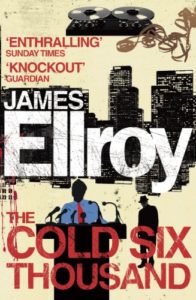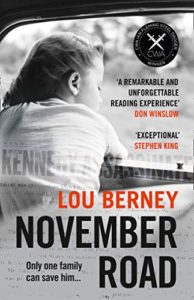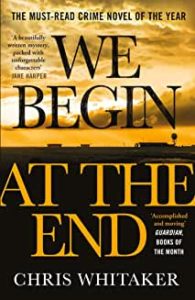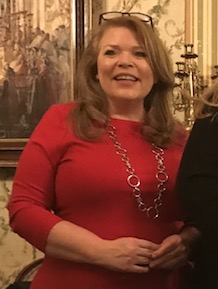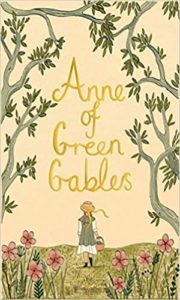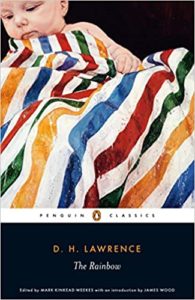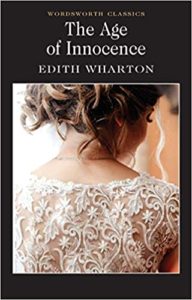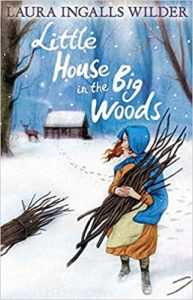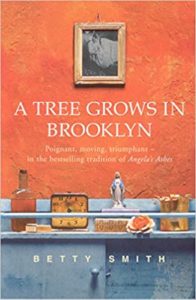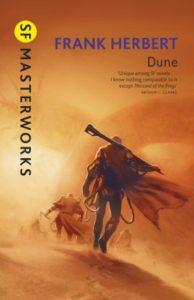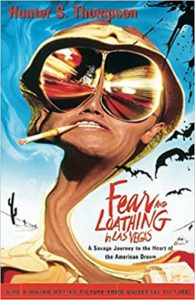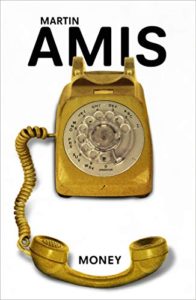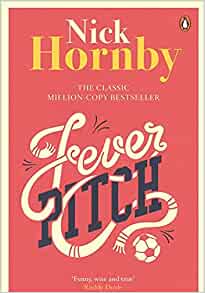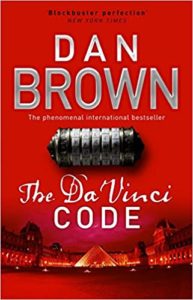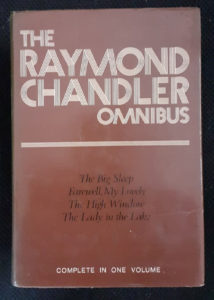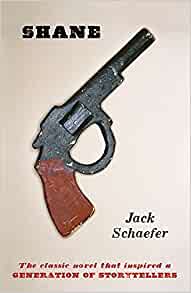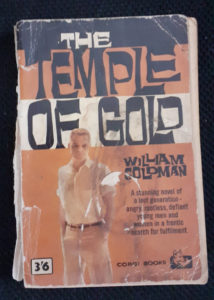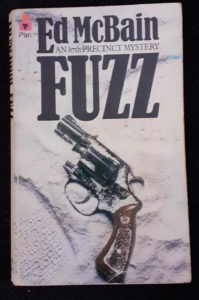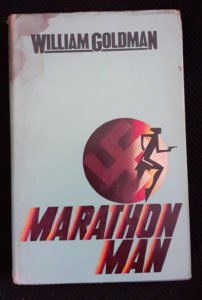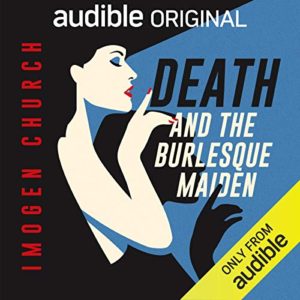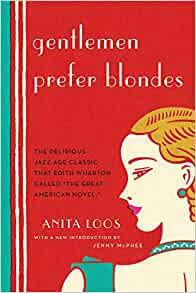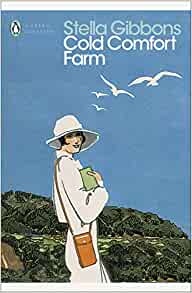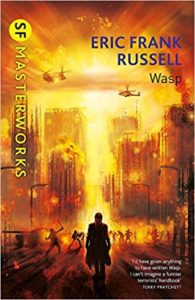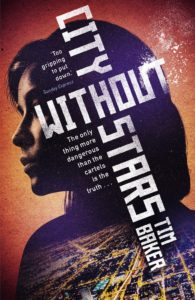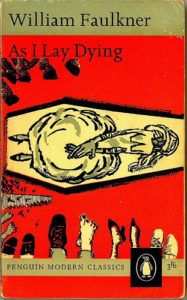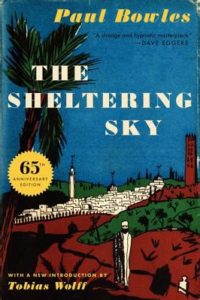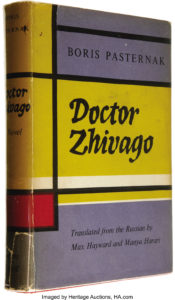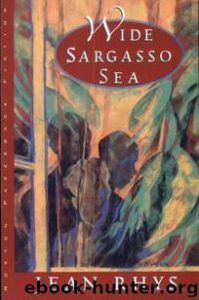Decades: Compiling the Ultimate Library with Ayo Onatade
My Decades challenge began in January. I had been contemplating the joy of entering a new library for the first time and tried to imagine the overwhelming situation a librarian may face if they were asked to fill the shelves of a brand new library.
Starting with zero books, how could you possibly hope to decide which titles you needed to order to make sure the very best books would be available for readers? I knew this was a question that demanded an answer and I knew I couldn’t do it alone.
Each week I invite a booklover to join me and I ask them to nominate five new books to be added to my Ultimate Library. Although they can choose ANY five books I do add a second rule which governs their selections…only one book per decade over five consecutive decades. So my guests can choose five books from a fifty year publication span. Easy!
I don’t want to add much more as I want to hand over to Ayo. During my 8 year life as Grab This Book I have been constantly in awe of Ayo who champions crime writing, books and authors in a way I could only ever dream of matching. It is a huge honour to have Ayo taking part in my Decades challenge and, of course, she has selected five terrific books which I am delighted to add to my Library.
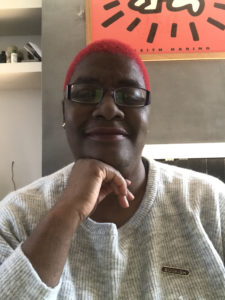 Ayo Onatade is a freelance crime fiction critic/commentator and blogger. She has written a number of articles on different aspects of crime fiction and has also given papers on the subject as well. She was a contributor to British Crime Writing: An Encyclopaedia (2008) edited by Barry Forshaw and The American Thriller (Critical Insights) (2014) edited by Gary Hoppenstand. She wrote the chapter on Legal Thrillers. She is co-editor with Len Tyler of the anthology Bodies in the Bookshop (2014). She is a former Chair of the CWA Short Story Dagger and former judge of the Ngaio Marsh Award. She is current Chair of HWA (Historical Writers Association) Debut Crown and a Judge for the Strand Magazine Critics Award. She is an Associate Member and a Committee Member of the Crime Writers Association of Great Britain (CWA).
Ayo Onatade is a freelance crime fiction critic/commentator and blogger. She has written a number of articles on different aspects of crime fiction and has also given papers on the subject as well. She was a contributor to British Crime Writing: An Encyclopaedia (2008) edited by Barry Forshaw and The American Thriller (Critical Insights) (2014) edited by Gary Hoppenstand. She wrote the chapter on Legal Thrillers. She is co-editor with Len Tyler of the anthology Bodies in the Bookshop (2014). She is a former Chair of the CWA Short Story Dagger and former judge of the Ngaio Marsh Award. She is current Chair of HWA (Historical Writers Association) Debut Crown and a Judge for the Strand Magazine Critics Award. She is an Associate Member and a Committee Member of the Crime Writers Association of Great Britain (CWA).
She has an eclectic taste in crime fiction, which runs the gamut from historical crime fiction to hardboiled and short stories. Her research interests include historical fiction especially crime fiction and crime fiction literary criticism. She can be found blogging at Shotsmag Confidential and Tweets @shotsblog.
DECADES
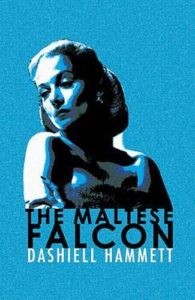 The Maltese Falcon by Dashiell Hammett (1930)
The Maltese Falcon by Dashiell Hammett (1930)
Dashiell Hammett stole half my heart with Sam Spade. This is one of two books that changed my reading tastes for ever. It was originally serialised in Black Mask Magazine and was an instant bestseller on publication. For me Sam Spade (along with Philip Marlowe) encapsulated what it was to be a private eye. He (that is Dashiell Hammett) according to Raymond Chandler took murder out of the drawing room and put it back in the gutter where it belonged. As someone who before reading The Maltese Falcon had been reading Agatha Christie and other Golden Age mystery novels this was a revelation. Sam Spade was allegedly no one’s hero but to me he was and in The Maltese Falcon he clearly showed how ruthless he could be. It is a story of double and triple crosses, femme fatale’s and a statue that was worth committing murder for.
Farewell My Lovely by Raymond Chandler (1940)
Raymond Chandler’s Philip Marlowe stole the other half of my heart. Farewell My Lovely is the second book to feature the iconic Philip Marlowe and despite being filled with murder and corruption is essentially a love story. Farewell My Lovely is a cannibalisation of a number of previous short stories. Famous for its metaphors and allusions it also in my opinion contains some of the most grotesque characters going. I have always said that reading crime fiction is the best way of opening your mind to social history and social policy and in Farewell My Lovely, Raymond Chandler’s implied social critique can be seen.
Both Sam Spade and Philip Marlowe have often been imitated but never bettered. They are the archetypal private eyes, more iconic and more enduring than we have at the moment.
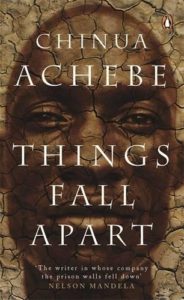 Things Fall Apart by Chinua Achebe (1958)
Things Fall Apart by Chinua Achebe (1958)
It depicts pre-colonial life in the southeastern part of Nigeria and the arrival of Europeans during the late 19th century. The first book of a trilogy by Chinua Achebe it has gone on not only to be a bestseller but also it is a chronicle of African history and indeed a classic study of cross-cultural misunderstanding and the consequences. Things Fall Apart was described by Wole Soyinka as being “the first novel in English which spoke from the interior of the African character, rather than portraying the African as an exotic, as the white man would see him” and this certainly was the case. For me it was also the first book by an African author that I read that stuck with me and through a historical lesson as well showed how colonialism impacted on Africans and that violence and pride can bring down an individual. Also that despite Europeans’ claims of bringing “civilization” to Africa, there was already a complex and varied culture on the continent. I read it over 40 years ago and it is now considered to be a classic. Chinua Achebe writes beautifully and honestly about Nigeria warts and all. There is a reason that this book became an international bestseller and there is a reason why it considered to be one of the most foremost African novels. Once read never forgotten.
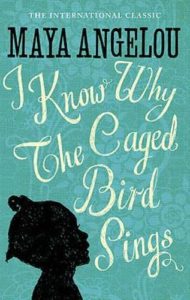 I know Why The Caged Bird Sings by Maya Angelou (1969)
I know Why The Caged Bird Sings by Maya Angelou (1969)
Maya Angelou’s seminal novel was published 4 years after I was born (here’s me showing my age) but despite the fact that this book is over 50 years old it is still a classic. It describes her life from when she was 3 until her becoming a young mother at 16 and is the first of seven autobiographies. All her autobiographies deal with issues that a lot of black people (especially women) are still dealing with today. From identity and rape to racism and literacy and also the way in which women and their lives are seen and dealt with in a male dominated society.
The symbolism in I Know Why The Caged Bird Sings is very revealing. Think oppression in all its forms including slavery, race based segregation and the still pervasive and insidious forms of oppression that is still rife in black communities today. Maya Angelou was at the forefront of the launch of African American women writers and her importance cannot be ignored. When you think of Black writers whether male or female Maya Angelou will always be talked about. My only disapoointment is that she is no longer alive to inspire future generations.
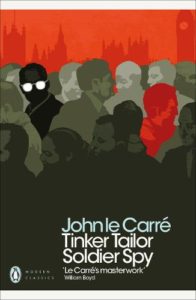 Tinker Tailor Soldier Spy by John Le Carré (1974)
Tinker Tailor Soldier Spy by John Le Carré (1974)
Whether you have read the 1974 John Le Carré spy novel featuring George Smiley or have only seen the brilliant Alec Guinness as Simley in the BBC box set or Gary Oldman playing him in the 2011 film one cannot ignore the importance of the series or the character. John Le Carré is one of our modern day spy writers and the nuances in relation to complex social commentary at the time in Tink Tailor Soldier Spy was relevant as it had a lot of relevance in the light of Kim Philby’s deflection.
Why Tinker, Tailor, Soldier Spy as opposed to any other? The vivid characters and sketches of secret agents felt so true to life. The realism mad you feel that you were seeing what was going on from the inside. Whilst I was introduced to spy thrillers via Ian Fleming and I will always be a fan of the original Bond books. It was John Le Carré and specfically his Smiley series that made me appreciate the genre a lot more and seek out other authors. The books that made up the Karla Trilogy Tinker Tailor Soldier Spy, The Honourable Schoolboy (1977) and Smiley’s People (1979) are amongst the best spy novels written. The icy atmosphere of the Cold War is brought brilliantly to life via a cast of memorable and characters who all have their own deep motivations for acts of loyalty, friendship, daring… and betrayal. It is really exceptional and the writing is superb and engrossing. If you want to read a spy novel without all the glamour then pick up Tinker Tailor Soldier Spy.
I made a conscious effort in my selection not to be solely crime fiction related. Despite what my family think I do read other books. Also some of the crime books that I would have wanted to include were published in the same decade. For example Casino Royale by Ian Fleming which was published in 1953. I had to make a choice. It could have easily have been the case that all five books were crime fiction but looking back on my selections I am pleased that I have included Chinua Achebe and Maya Angelou as they are both books that any self-respecting reader who wants to expand their reading to include black writers should have on their bookshelves. All the books that I have chosen hold important memories for me (aside from the fact that they should be read) and I can honestly say that if I am asked this question again it is likely that my suggestions would change especially if I am looking at a different decade.
I would be very much surprised if some of these have not already been suggested. If not hurrah! If they have then thank goodness as it clearly means that a lot of the books really do have a significance.
Thank you Ayo! Five exceptional selections and I am once again reminded I really must read Raymond Chandler one day soon.
If you want to visit the Library and see the titles which have been selected by previous guests then this handy wee link will take you there: https://uk.bookshop.org/shop/GrabThisBookDecades
DECADES WILL RETURN
